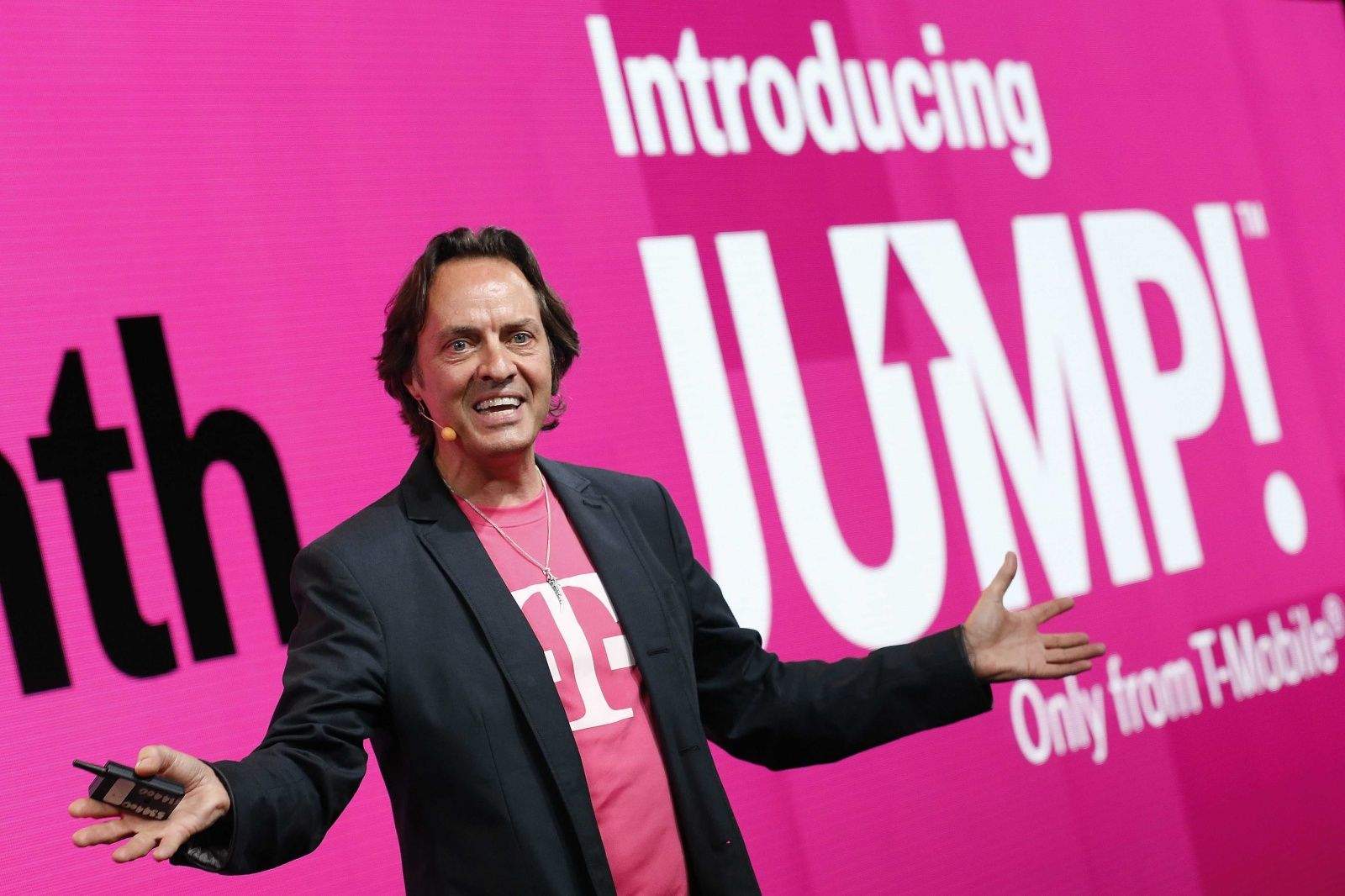Do you get your iPhone service from Sprint? Not for much longer. The third and fourth largest U.S. carriers just announced they’re merging. But the plan to join Sprint and T-Mobile is already drawing significant criticism.
The combined company will be called T-Mobile, and will be headed by John Legere, T-Mobile’s current CEO. That’s assuming the $59 billion deal gets approved by government regulators.
Not surprisingly, Sprint and T-Mobile are promising that their merger will benefit consumers with better, faster wireless service. “The new company will be able to light up a broad and deep 5G network faster than either company could separately,” Sprint and T-Mobile said in a joint statement.
Legere promised cost savings, too. “This combination will create a fierce competitor with the network scale to deliver more for consumers and businesses in the form of lower prices, more innovation, and a second-to-none network experience,” said the CEO
Competing against the giants
Though they didn’t say this, there’s no doubt the real goal of the merger to to make the new T-Mobile a better competitor against much larger rivals: Verizon Wireless has 33.8 percent of U.S. subscribers, and AT&T has 30.9 percent, according to the FCC.
The 127 million customers of a combined Sprint and T-Mobile will give it 29.3 percent of the market. So even together, they’ll still be the third largest carrier. Just a lot closer in size to the other two.
Controversy erupts
Legere promised lower prices for consumers and businesses, and the official statement from these two companies says “The New T-Mobile will employ more people than both companies separately and create thousands of new American jobs.” There’s a great deal of skepticism about both these promises.
Obviously, the number of nation-wide carriers going from four to three means less competition. And less competition usually leads to higher prices.
When Sprint and T-Mobile were small, they had to take risks to gain subscribers. Most of those risks have benefited consumers. T-Mobile stopped making its customers sign contracts, and its larger competitors were forced to follow suit. Sprint currently offers the lowest rate for an unlimited data plan, effectively holding down how much any of its rivals can charge.
Skeptics suspect that a merger of these two will end the need for them to move so aggressively.
And mega-mergers like these usually lead to large numbers of layoffs. Everywhere there’s a Sprint and a T-Mobile store in close proximity, one of them just became redundant. Along with all its employees.
The two companies have to get their merger past government regulators. And this certainly won’t be a rubber stamp. Early in this decade, AT&T tried to buy T-Mobile but was blocked by the FCC and Department of Justice. History could repeat itself.


